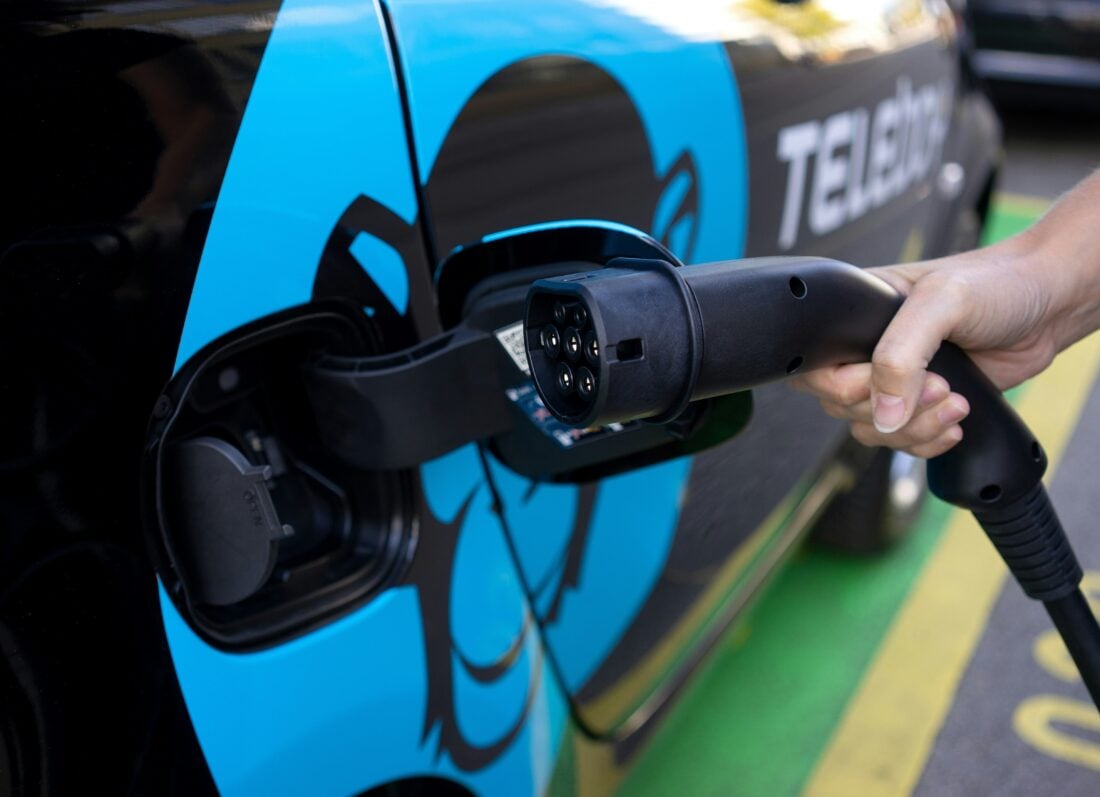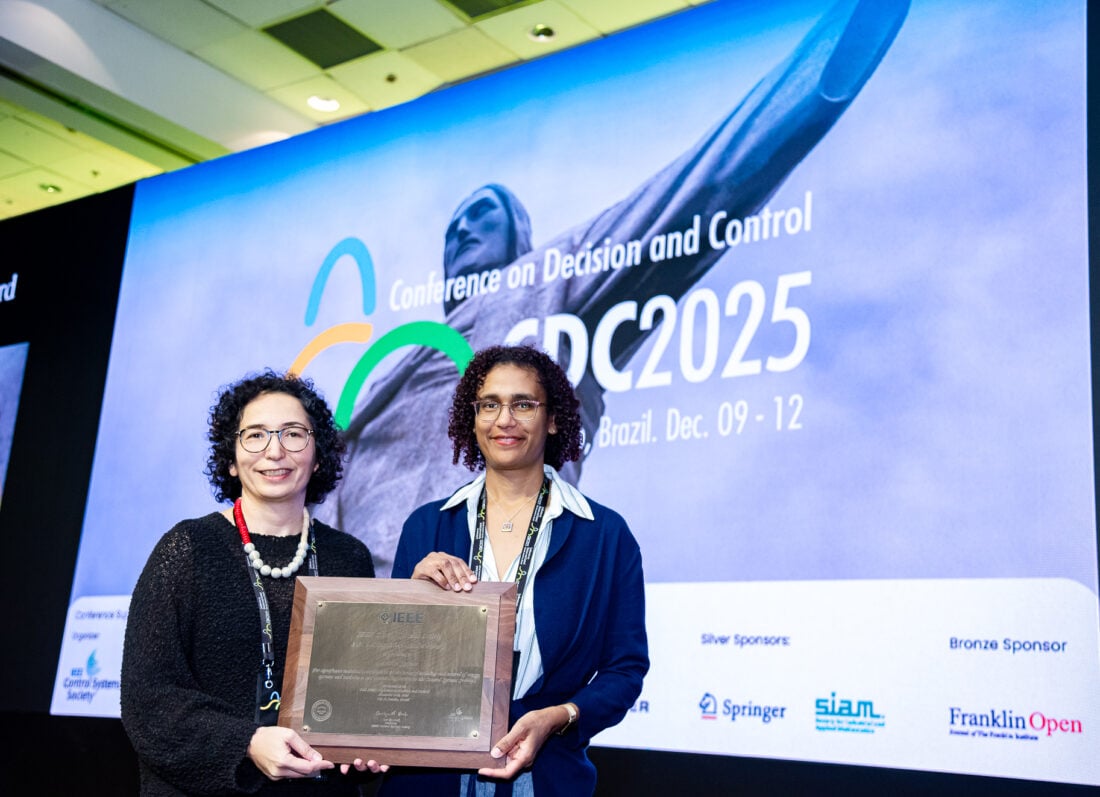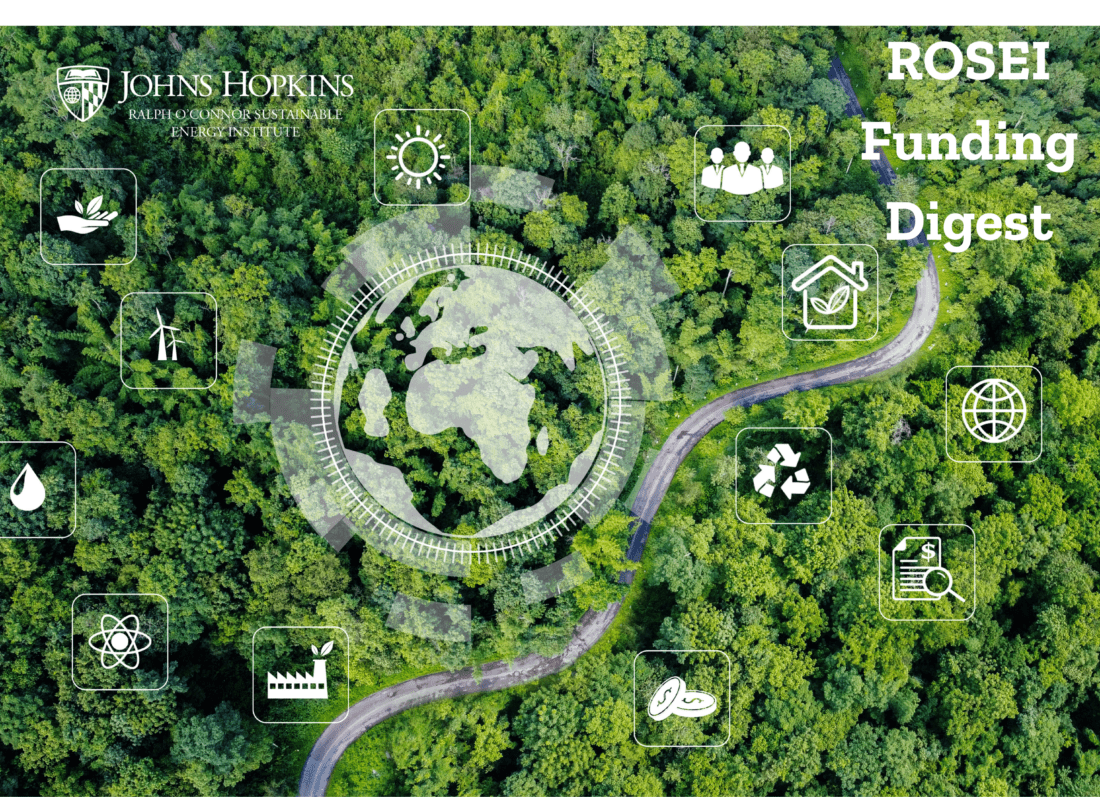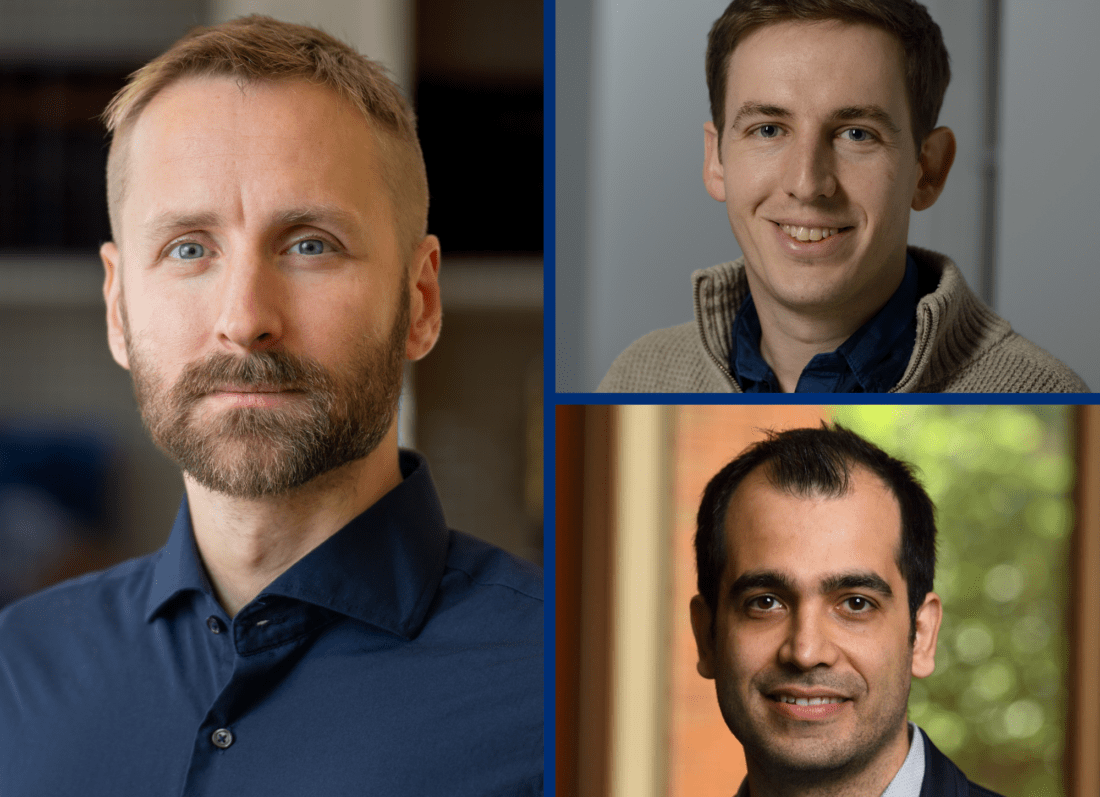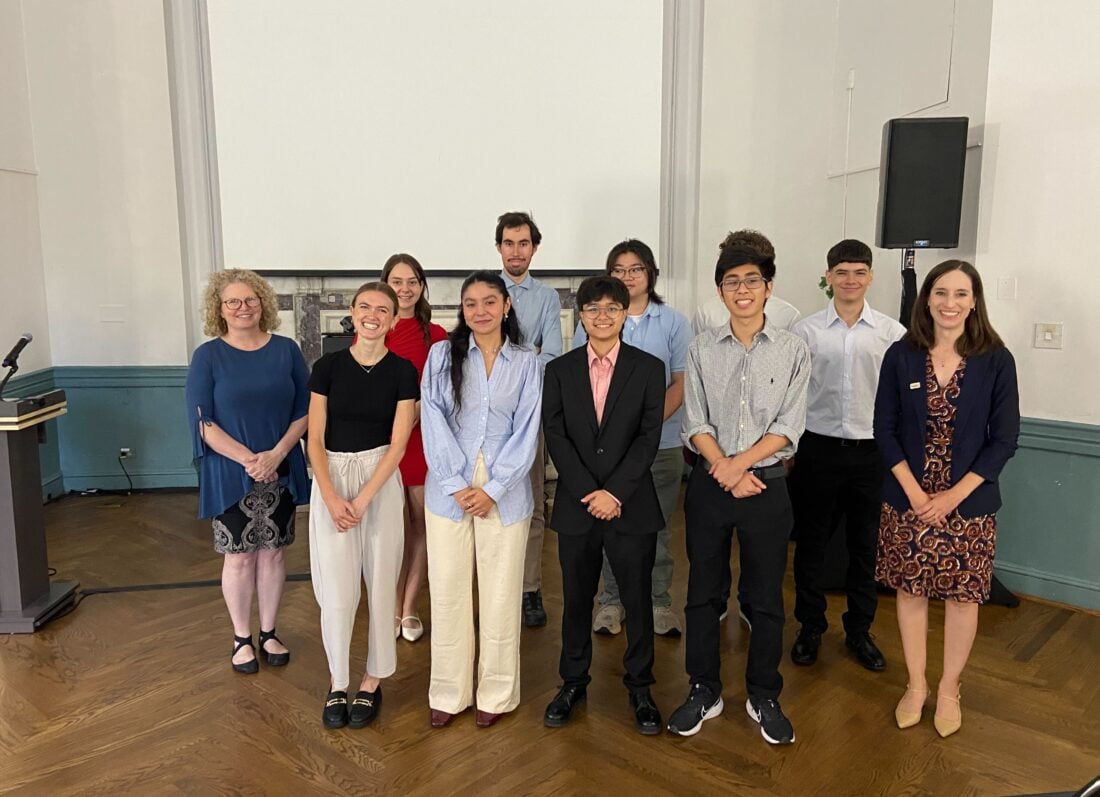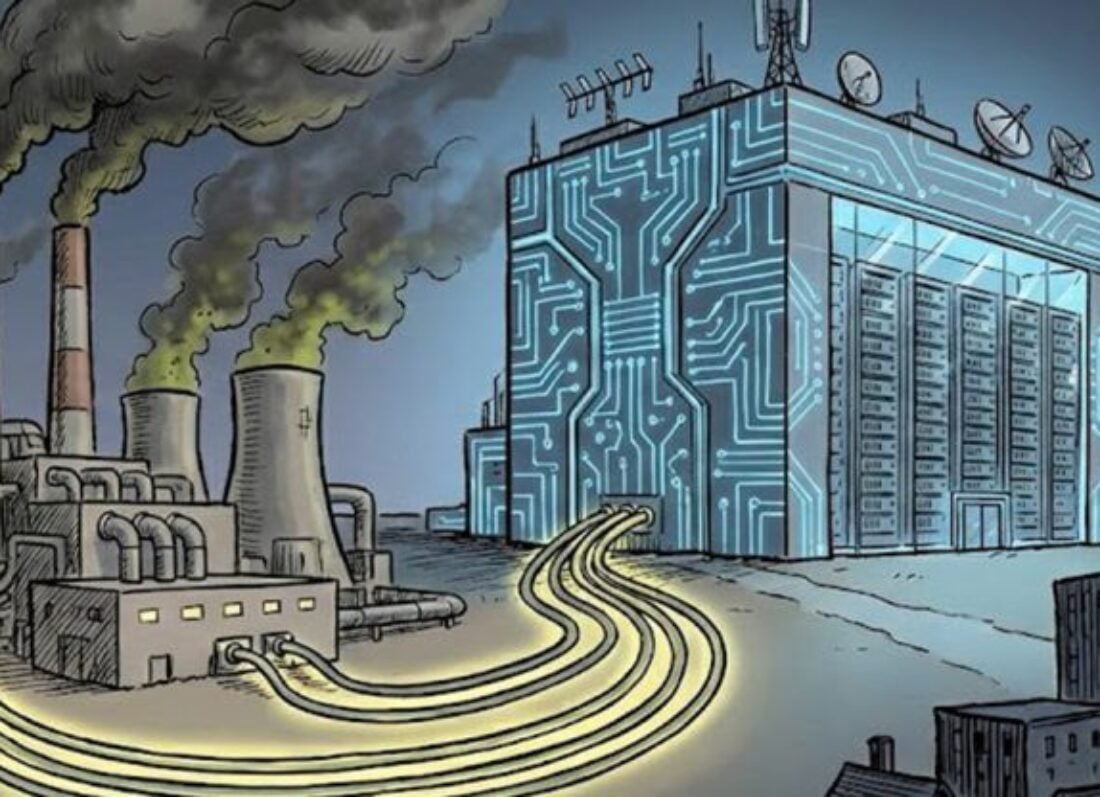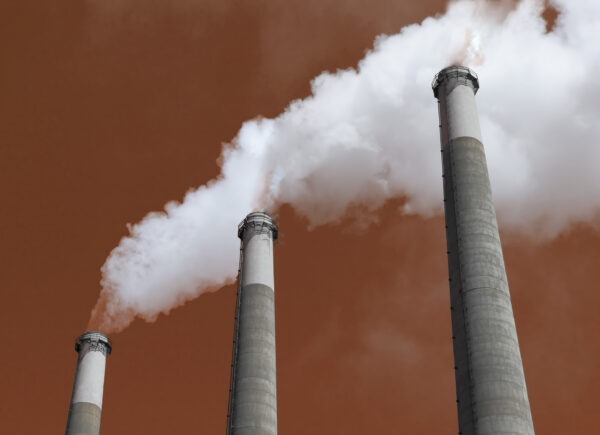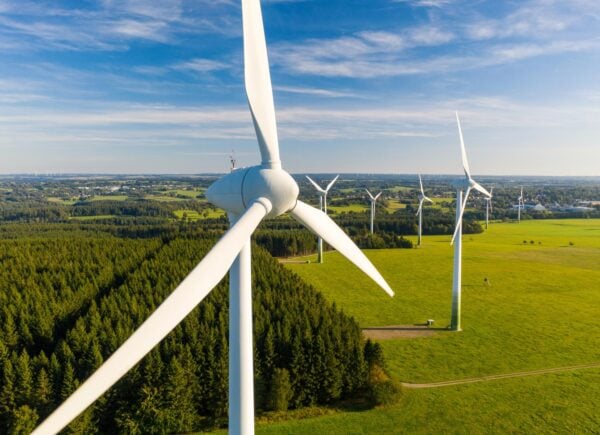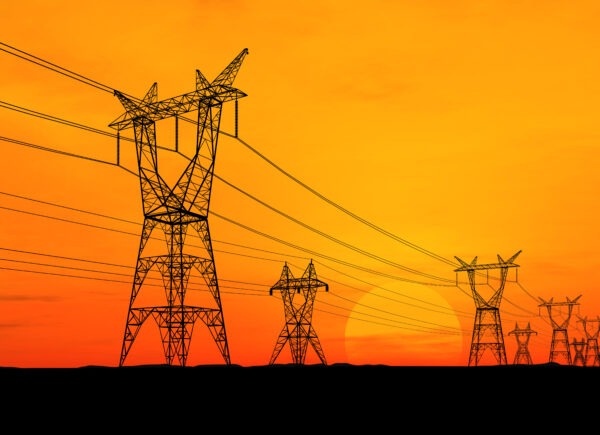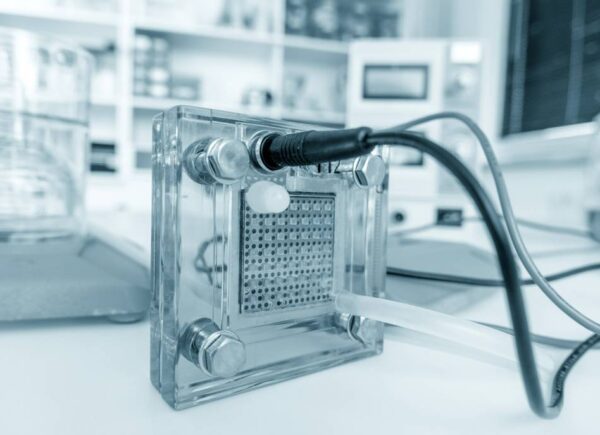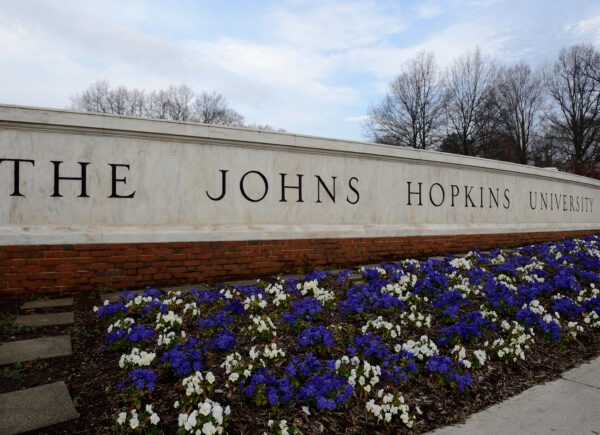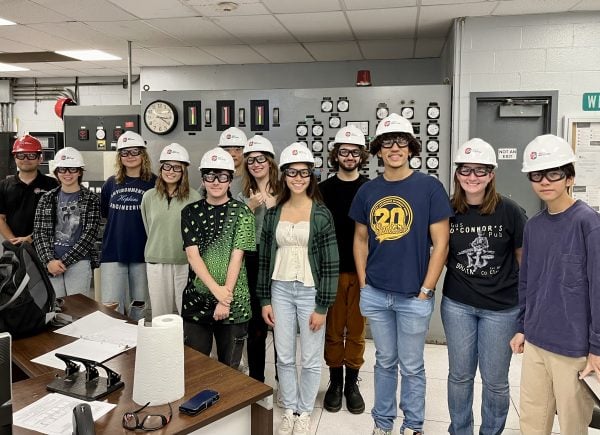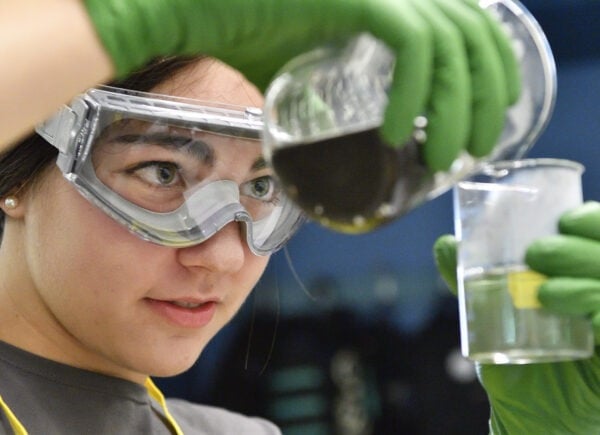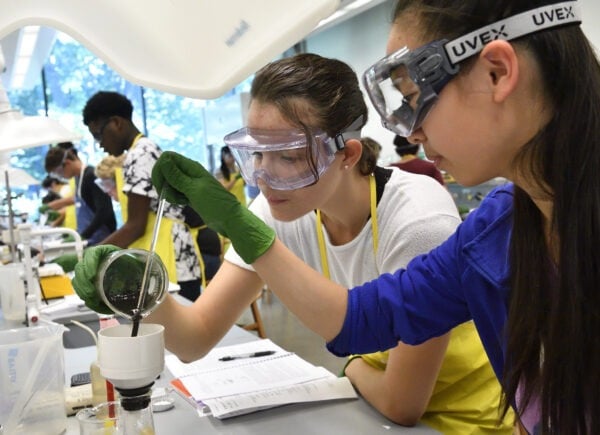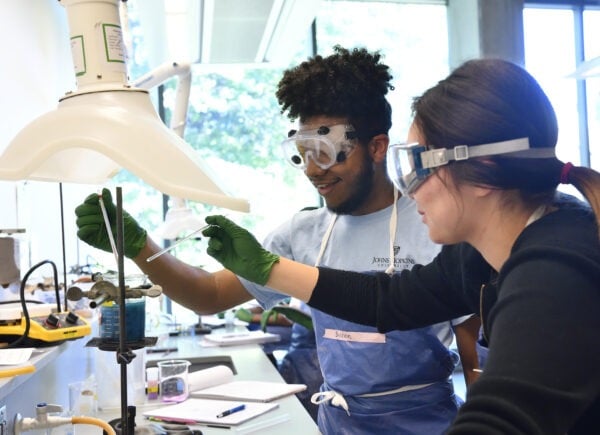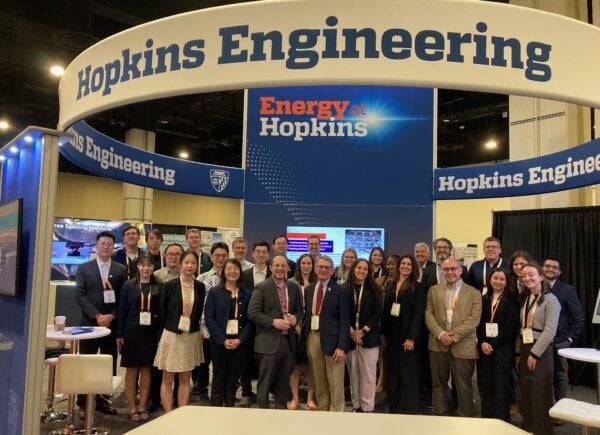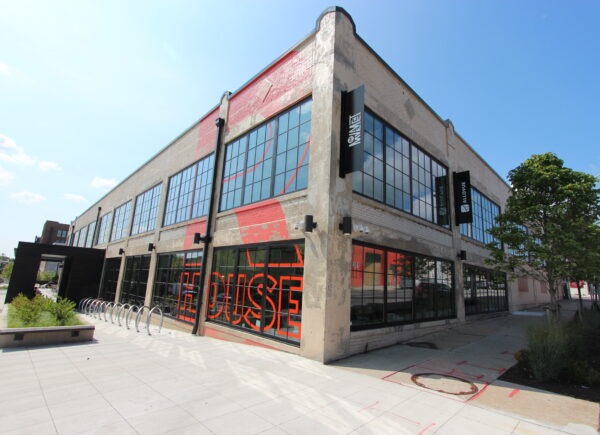A team of researchers in the Department of Materials Science and Engineering at Johns Hopkins have developed an artificial intelligence framework that can predict the properties for a Read more
Dennice Gayme, a professor of mechanical engineering, core researcher at the Ralph O’Connor Sustainable Energy Institute (ROSEI), and researcher at the Laboratory for Read more
This is the ROSEI bi-weekly funding digest summarizing external funding opportunities of interest to ROSEI and the JHU community. ROSEI Read more
Johns Hopkins is part of the new multi-institution Learning Accelerated Domain Sciences (LEADS) Institute, a Department of Energy-funded collaborative initiative Read more
The application period for the summer 2026 cohort of the Research on Sustainable Energy Technology and Systems (ROSETAS) program, a Read more
Abe Silverman, an assistant research scholar with the Ralph O’Connor Sustainable Energy Institute (ROSEI) and attorney, studies and advises academics, Read more
